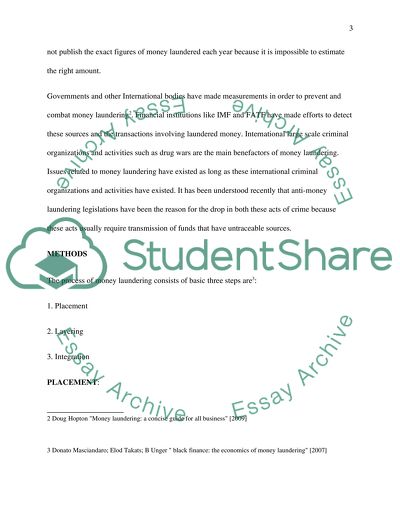Cite this document
(“COMMERCIAL LAW Essay Example | Topics and Well Written Essays - 1750 words”, n.d.)
Retrieved from https://studentshare.org/law/1492077-commercial-law
Retrieved from https://studentshare.org/law/1492077-commercial-law
(COMMERCIAL LAW Essay Example | Topics and Well Written Essays - 1750 Words)
https://studentshare.org/law/1492077-commercial-law.
https://studentshare.org/law/1492077-commercial-law.
“COMMERCIAL LAW Essay Example | Topics and Well Written Essays - 1750 Words”, n.d. https://studentshare.org/law/1492077-commercial-law.


